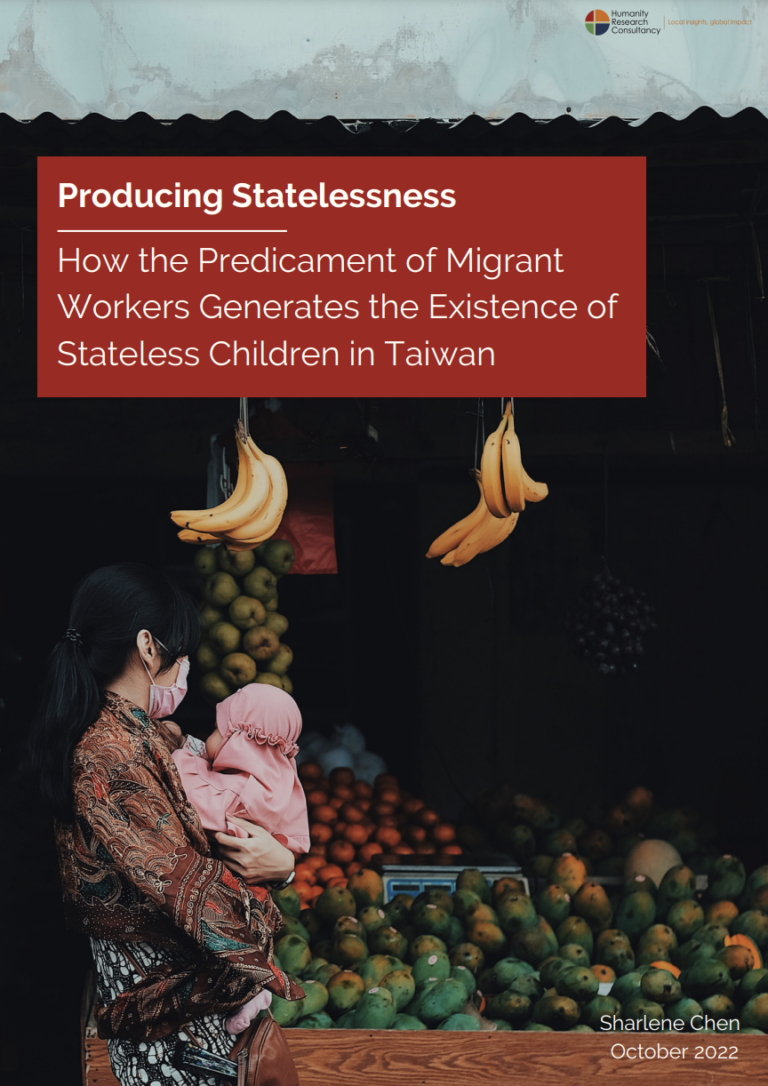‘The term “stateless person” means a person who is not considered as a national by any State under the operation of its law’. Clearly stated in Article 1 of the 1954 Convention Relating to the Status of Stateless Persons by the United Nations, this statement indicates the exceptional status of stateless people who do not belong and are not being protected by any State government. The status of the stateless is different from any other status and identity in nature; a stateless person is not recognised as a citizen and, as a result, is much more vulnerable to rights violations than normal citizens.
According to the United Nations High Commissioner for Refugees (UNHCR)’s calculation, 4.2 million people worldwide are confirmed to be stateless, as of 2020. The exact figure is unknown due to gaps in data collection and is believed to be much higher than what has been reported.
The four main causes of statelessness are:
Gaps in national laws regarding nationality
Children being born in countries that do not grant birthright citizenship
The emergence of new countries or changes in borders
People losing or being deprived of nationality due to specific reasons, such as living away from their home countries for too long
The causes of statelessness vary and include the dissolution of a State, the political transfer of territory, conflicts, and being born by stateless parents. Take Myanmar as an example, the discriminatory citizenship laws have removed the citizenship of many Rohingya, making them one of the predominant stateless communities in the world. As for Kuwait, many people failed to retain their citizenship during the nation’s political transformation into an independent state. There was also an increasing number of citizens being stripped of their citizenship during the 2011 Arab Spring.
The predicament of statelessness in Asia, such as stateless Rohingya refugees in Myanmar and Thailand having one of the world’s largest populations of stateless people, has been widely discussed in recent years. Taiwan is another Asian country with a long-standing existence of statelessness, which is intertwined with another difficult social issue – that of undocumented migrant workers.

